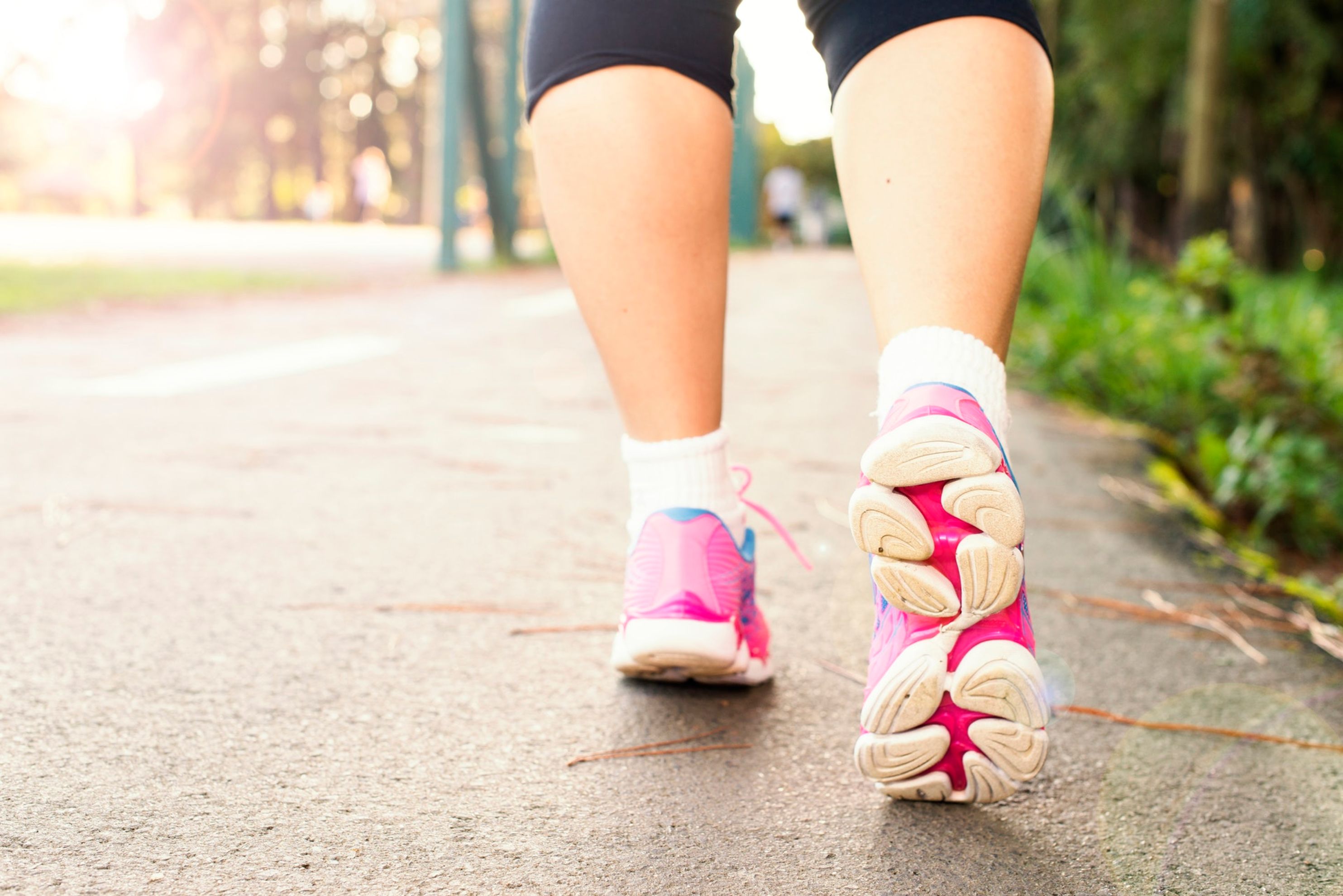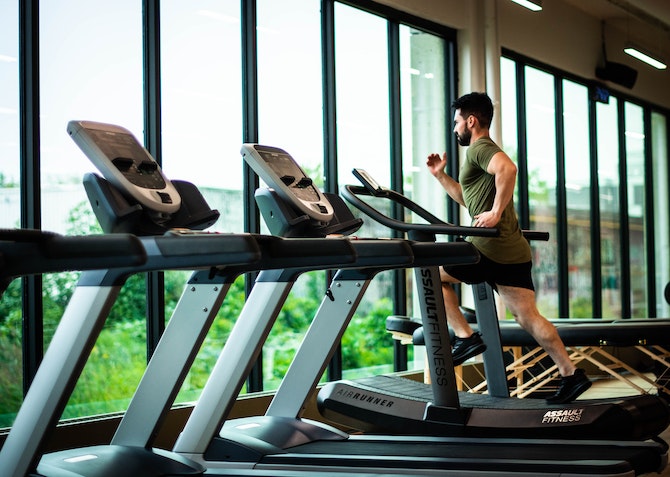
Can your exercise routine boost your sleep?
Did you make any New Year's resolutions for 2019? Is one of them aiming to get fitter over the next twelve months?
If you did, you're not alone: 41% of those setting targets at the turn of the year make boosting their exercise regime a priority (YouGov).
However, while getting a regular workout is a worthwhile goal, it's also worth considering how it will impact other parts of your life.
For instance, it's easy to think that getting rigorous exercise will guarantee that you'll be tired at the end of the day and able to enjoy a restful night — but this isn't necessarily true. The truth is that sleep and exercise are intricately intertwined, enjoying a complex relationship where one can impact the other in more than just one way.
How exercise impacts your sleep
Firstly, it's important to know that, on the whole, getting a workout can improve your sleep, but you may not feel the benefits right away. A 2013 study tested regularly exercising and non-exercising participants over a lengthy period of time and found that, even after two months, sleep quality had not improved. But, when they were tested again at 16 weeks, the exercising group was benefitting from around 1.25 hours extra sleep per night. These findings suggest that exercise improves sleep in the long term but may not deliver an improvement immediately.
Exercise can also help to strengthen your circadian rhythm, also known as your internal body clock, which helps your brain to know when to get ready for rest and when to feel alert, so you have an easier time in the mornings and evenings. This is because humans are creatures of habit, therefore when you stick to a training regimen at a certain time of day, your body will begin to build a waking/sleeping cycle around it. Additionally, getting a high level of exercise can also help you relax and lift your mood, combatting known sleep disruptors like anxiety, stress, and depression.
On the other hand, there are also instances where exercise can be a sleep disruptor, particularly when you work out close to bedtime. If you train too late at night, you can increase your core body temperature and boost the amount of adrenalin in your body, both of which can make you restless when you're trying to drift off and more likely to wake up if you do get to sleep.
This goes to show that a blanket "exercise more" approach may not be good for rest, and a more considered approach is required to get the balance right.
How should I balance sleep and exercise?

At this point we've established that exercise can be very beneficial for improving your sleep, but you need to take the right approach and be wary that the results probably won't be immediate. So, what's the best way to get the balance right?
Exercise early if possible
As we know, exercising late in the day can be disruptive for sleep, so you should try and fit your run or gym session into other hours. And, if you're able to squeeze in a workout into the start of your day, you could give your sleep a further boost — a 2011 study by Appalachian State University tested people exercising at different hours of the day and found early exercisers enjoyed a better night's rest than those training at other times.
While it can sometimes be difficult to fit an early workout into your schedule, there are steps you can take to make it happen. For instance, if you're concerned getting up too early will cut short your sleep, why not try going to bed so earlier? This can work very well if you spend time watching TV or browsing the internet before bed, as you can use the time for something practical in the mornings.
If it's simply impossible to fit exercise into your day any other time than before bed, try to give yourself an hour or two to wind down and relax before hitting the hay.
Choose the right type of exercise
We've just covered how the time of day you exercise can impact your sleep, but it's also important to recognise the types of exercise that can aid sleep the most. Research by the National Institute on Aging discovered that aerobic exercises, like walking, running, or biking, delivered the most lifestyle benefits, including better quality sleep and less daytime tiredness. The study also found that this type of workout helped participants to fall asleep 14% faster.
That being said, it's worth noting that aerobic exercises are very good at raising adrenalin levels and increasing your body temperature, making them potentially more disruptive if undertaken near bedtime. On the other hand, the likes of strength training, yoga, and stretching do not have as dramatic an effect on your body, so they may be more suitable for evening sessions.
Don't under or oversleep
The link between exercise and sleep is a two-way street. While it's important to exercise the right way to aid sleep, it's also worth recognising the benefits that getting the recommended amount of rest can bring to your training regime, as well as when you're active through the rest of the waking day.
To perform your best through the day it's vital that you get the recommended 7–9 hours of sleep. This is because when you're active, your body uses the time you're unconscious to carry out repairs to the muscles and tissue that have been under strain, ensuring they're recovered for the next time around.
What's more, the National Sleep Foundation reports that getting the right amount of sleep can be a performance booster — for instance, athletes that sleep for at least 9 hours can perform higher intensity workouts and tend to have better reaction times and reflexes.
Ensure you're not consistently under-sleeping and then going ahead and exercising, because, not only will your performance take a hit, but this bad cycle can be detrimental to your health. Oversleeping can also be an issue that leads to poor results and health, so make sure you're not hitting that snooze button all the time.
Take the advice in this article on board and you'll be able to get your exercise-sleep balance just right and enjoy the benefits this will bring. If you have any questions, then be sure to get in touch with our sleep experts. Or, head to our blog and advice centre for more information.








Leave a Reply